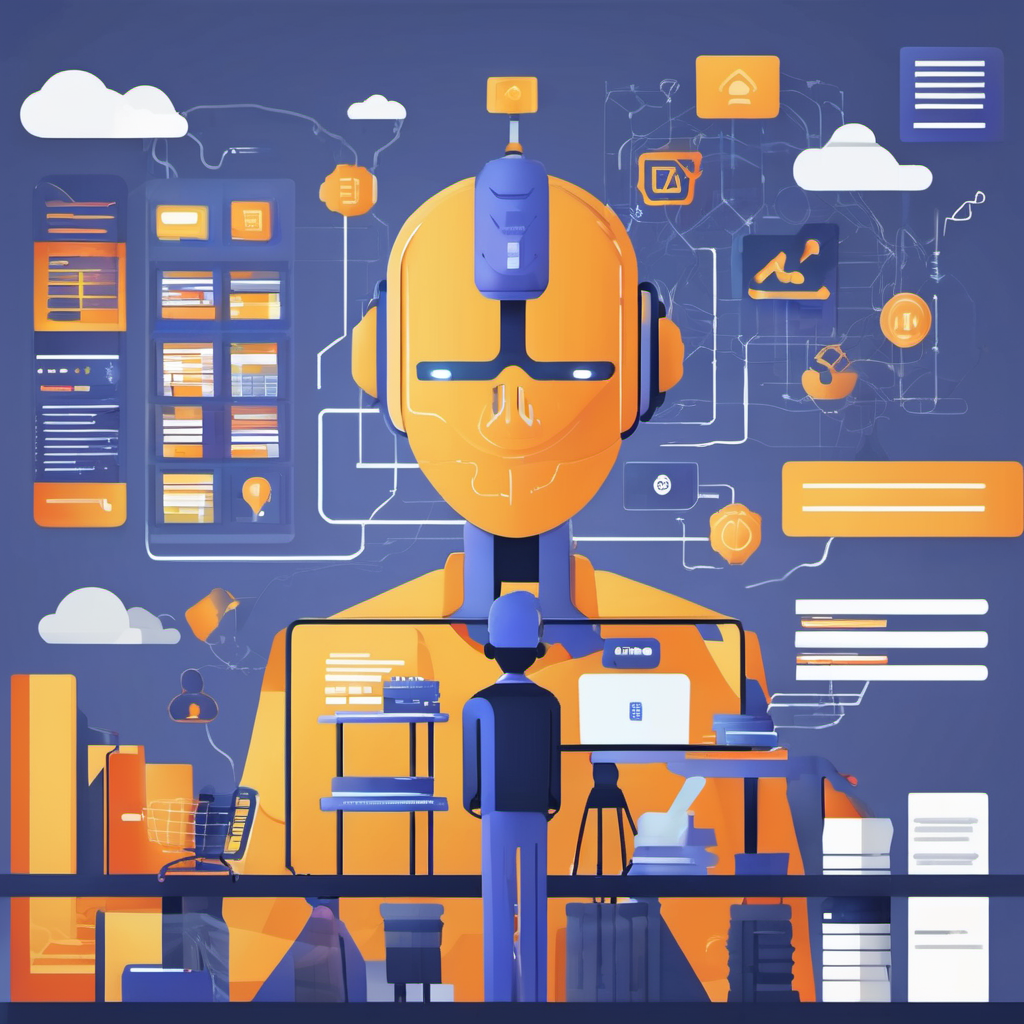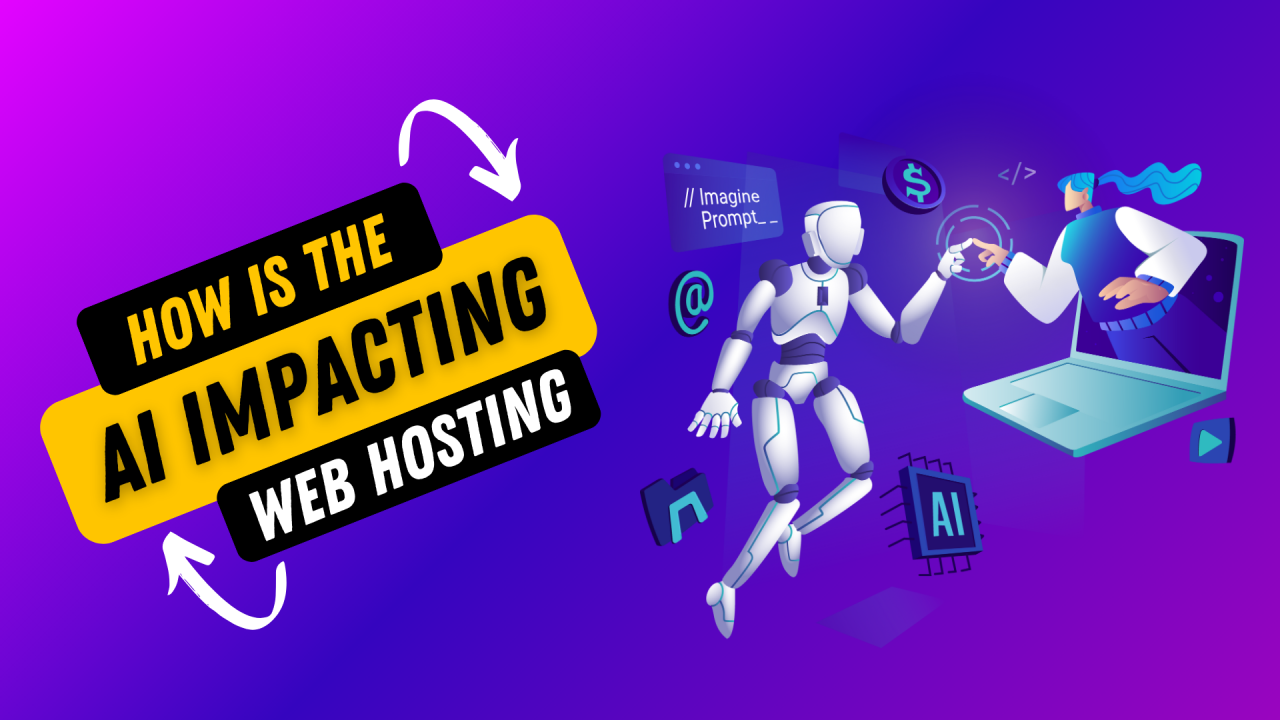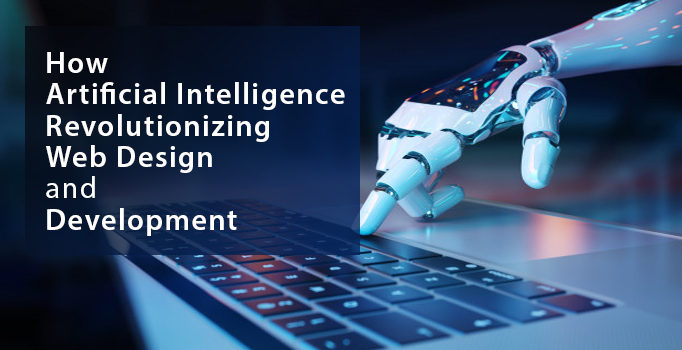Writing a blog post using ChatGPT and other AI tools
In recent years, AI tools like ChatGPT have revolutionized the way content is created, including blog posts. The question that arises is whether these tools are truly effective in producing high-quality blog content. Let’s delve into the benefits and drawbacks of using AI tools for writing blog posts.
Benefits of using AI tools in writing blog posts
- Time-saving: AI tools can quickly generate content based on user input, saving writers valuable time.
- Enhanced creativity: These tools can provide fresh perspectives and ideas that writers might not have thought of on their own.
- Improved productivity: AI tools can generate multiple versions of a blog post, allowing writers to choose the best one.
- Consistency: AI tools ensure that the tone and style of writing remain consistent throughout the content.
Losses of using AI tools in writing blog posts
- Lack of human touch: AI-generated content can sometimes lack the emotional depth and personal touch that human writers bring to their work.
- Over-reliance on AI: Depending too heavily on AI tools can stifle creativity and originality in writing.
- Errors and inaccuracies: AI tools may produce content with grammatical errors, inaccuracies, or lack of context.
- SEO implications: The use of AI tools can impact SEO performance, especially in terms of keyword optimization and organic reach.

Is it effective to use AI tools for blog post writing?
While AI tools like ChatGPT can certainly be useful in generating content quickly and efficiently, it’s important to consider the potential drawbacks. When it comes to SEO, using AI tools may have both positive and negative implications.
Gains in SEO using AI tools
- Keyword optimization: AI tools can help writers identify relevant keywords and incorporate them strategically into the content.
- Content scalability: AI tools enable writers to produce a larger volume of content, which can help improve search engine rankings.
- Data-driven insights: AI tools can analyze data and provide valuable insights for optimizing blog posts for SEO.
Losses in SEO using AI tools
- Keyword stuffing: Over-reliance on AI tools for keyword optimization may lead to keyword stuffing, which can hurt SEO performance.
- Lack of user intent: AI tools may not always capture the nuances of user intent, leading to content that doesn’t resonate with readers.
- Duplication: AI-generated content may lack originality, leading to duplicate content issues that can impact SEO rankings.
Conclusion
In conclusion, AI tools like ChatGPT can be valuable assets in writing blog posts, offering benefits such as time-saving, creativity, and consistency. However, it’s essential to strike a balance between utilizing these tools and preserving the human touch in content creation. When it comes to SEO, leveraging AI tools can help improve keyword optimization and content scalability, but writers must also be mindful of potential pitfalls such as keyword stuffing and lack of user intent. Ultimately, the key to successful blog post writing with AI tools lies in finding the right balance between automation and human creativity.






